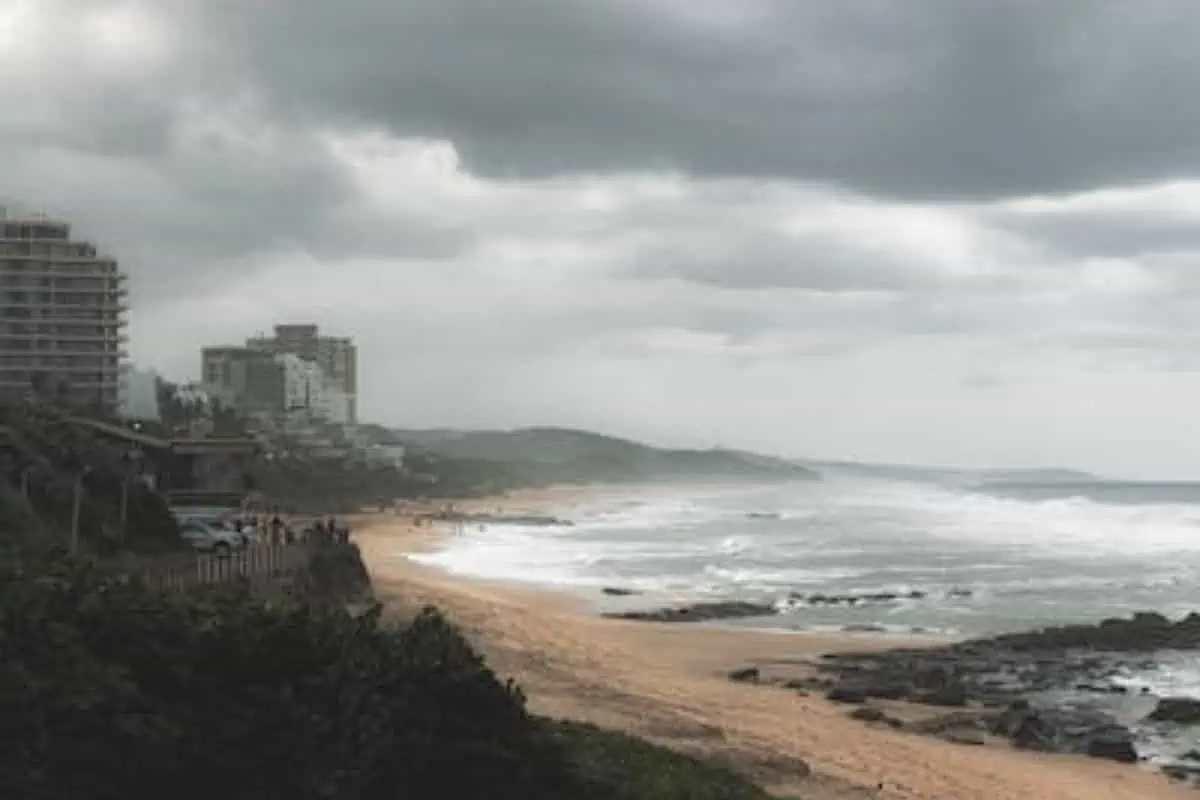E.coli took Durban by storm quite literally after the flash flooding caused damage to the water infrastructure. As a result, sewerage made its way into different beaches in Durban.
In the aftermath, the potential of contracting E.coli was at an all-time high as the infected water made its way to numerous individuals who made contact with these waters.
What is E.coli?
Now, E.coli is generally a harmless bacteria that helps with digesting your food. It currently exists in all healthy humans and warm-blooded animals. Some of the symptoms include vomiting, stomach cramps, and diarrhea.
The different variant of E.coli which is called Shiga Toxin-producing E.coli is much more dangerous than your typical type of E.coli. Which can cause severe foodborne diseases. It can also include severe stomach cramps and bloody diarrhea.
After some time, Durban may not be able to enjoy all of the beaches. As there are still some risks of contracting E.coli in areas where high levels of this still exist. Alas, these issues won’t be able to be fixed in time for the festive season. Nor can it be fixed in a fixed time. So it is best to avoid high-risk beaches for now.
The reality of the flash flooding in Durban included the fact that the city has dealt with poor infrastructure for more than two decades if not more.
Which beaches are safe in Durban?
With that being said, Durbanites will enjoy a limited number of beaches. However, there will still be enough beaches to go to and enjoy during the peak of the holiday season.
Understandably, many will seek beaches during the festive season and during the peak of the summer season so we’ve included a list of beaches that you are able to visit.
The beaches which are open and safe for swimming are Point, Ushaka, Addington, South, Wedge, North, Bay of Plenty, Anstey’s, and Durban’s Gold Mile are open.
Hopefully, in the new year, this issue would be solved. Given that the harsh storms ease down.
